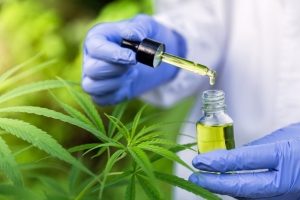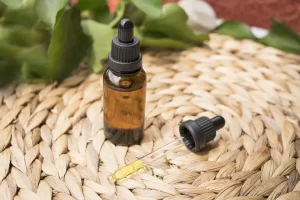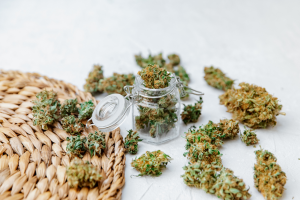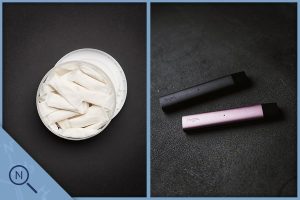
Cannabidiol (CBD), a component of Cannabis sativa, is a pharmacologically broad-spectrum substance that has garnered growing attention in recent years as a therapy for a variety of neuropsychiatric illnesses. Using information from preclinical, human experimental, clinical, and epidemiological investigations, the goal of the present review is to identify CBD’s potential as a therapy for anxiety-related diseases. In fact, CBD Gummies for anxiety is extremely popular now.
Existing preclinical data substantially supports acute administration of CBD as a therapy for generalized anxiety disorder, panic disorder, social anxiety disorder, obsessive–compulsive disorder, and post-traumatic stress disorder; however, few research have studied chronic CBD dosage. Similarly, data from human research shows an anxiolytic effect for CBD, however it is presently restricted to acute dosage and there are few clinical investigations. Current research shows that CBD has substantial promise as a therapy for numerous anxiety disorders; nevertheless, chronic and therapeutic effects in important clinical populations need more investigation.
How CBD works
The human body has many receptors. Attached to your cells are protein-based chemical structures called receptors. They get signals from various stimuli. CBD may interact with the CB1 and CB2 receptors. The central nervous system and the peripheral nervous system contain the majority of these receptors, respectively.
How CBD impacts CB1 receptors in the brain is not completely known. Nevertheless, it may affect serotonin signaling. The neurotransmitter serotonin has a significant function in mental health. Low serotonin levels are often seen in depressed individuals. In rare instances, insufficient serotonin may also create anxiety.
A selective serotonin reuptake inhibitor (SSRI) like sertraline (Zoloft) or fluoxetine is the standard therapy for low serotonin (Prozac). SSRIs are prescription-only medications. Some anxious individuals may be able to control their condition with CBD rather of an SSRI. However, you should see your physician before modifying your treatment regimen.
CBD usage for critical anxiety disorders
CBD may also aid those with social anxiety disorder (SAD) and post-traumatic stress disorder (PTSD) (PTSD). It may also help alleviate insomnia caused by anxiety. In 2011, a study investigated the effects of CBD on SAD patients. Participants received either 400 milligrams (mg) of CBD or a placebo orally. Those who took CBD reported an overall reduction in anxiety.
Multiple recent studies have shown that CBD helps alleviate PTSD symptoms, such as nightmares and reliving traumatic events. CBD has been examined in these research as both a stand-alone PTSD treatment and as an adjunct to standard therapies such as medication and cognitive behavioral therapy (CBT).






























